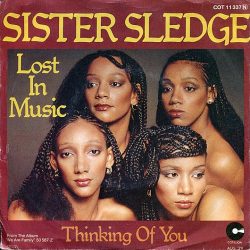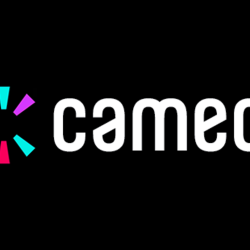PR has rapidly evolved. Today, a good reputation isn’t enough — brands must be exceptional. With platforms like TikTok and Instagram dominating, influencer marketing is the norm. Brands are racing to cut through the noise, seeking fresh ways to engage consumers. The lines between communications, events, and influencer marketing are increasingly blurred, presenting an opportunity for brands to redefine their strategies and create meaningful, lasting experiences in a fast-paced world.
Shifting influencer marketing into brand advocacy
In the early 2000s, YouTubers like Michelle Phan and Zoella gained stardom, building vast followings of millions across social media channels — the beginnings of a massive cultural shift, as modern influencers with brand partnerships become par for the course. And while this formula has worked for a while, consumers have grown increasingly disillusioned with influencer (and celebrity) endorsements. A 2023 study showed that nearly 90% of consumers do not trust influencers, and governments and regulators globally have placed stricter guidelines on brands and influencers to ensure transparency and authenticity.
In contrast, trust in brand advocacy has risen — consumers are looking to trusted sources for recommendations, and brands have the opportunity to leverage this, by shifting influencer marketing to advocacy. To effectively connect with their audiences, brands have to work with influencers who share the same vision as the brand — finding influencers who can become advocates and working hand-in-hand to create content that brings together the brand’s messaging and the influencer’s own stories. The power of authentic storytelling can bring meaning and resonance to your audience, as we saw in the ‘We See You Care’ campaign for Singapore’s Agency for Integrated Care (AIC). To shed light on what it truly means to be a care-giver, PPURPOSE interviewed influencers who were care-givers themselves, shortlisting five advocates with strong personal stories to create video content that will help shift the public conversation on caregiving. The community response was invaluable, resonating across the influencers’ communities and beyond. This advocacy-driven approach won gold at the PR Awards Asia 2024, demonstrating the power of storytelling in making a meaningful impact.
Standing out with cultural programming and intention
Brands are increasingly curating immersive experiential events, enabling customers to fully engage with them. Post-pandemic, brand activations have become essential, but to truly stand out, integrating cultural programming is key. By tapping into deeper audience insights, brands can craft experiences that resonate with culture on a meaningful level. A prime example is the pop-up Rasa Gombak Day Out, organised with Enterprise Singapore to revitalise heartland neighbourhoods. Rooted in cultural research, the activation featured thoughtfully curated activities, an exciting array of food, retail, activity and art from local business owners that attracted large crowds and fostered community engagement.
Experiences and advocacy go hand-in-hand with creative PR, and doing it well requires that they be led by intentional, authentic storytelling. An in-depth understanding of current cultural landscapes and analysis of trends that can be leveraged for brand building are ways to create brand stories that leave an impact on the target audience. DBS Bank’s money-scented ‘Huat’ perfume for Chinese New Year is a great example of this. The team uncovered the insight that the distinctive smell of new notes was a widely-loved feature of the Lunar New Year tradition of gifting red-packets so they began working with fragrance designers to achieve a distinctive smell — the smell of money. This creative PR campaign generated extensive media coverage from tier 1 local and international trade media, highlighting the importance of PR that is intentional and rooted in genuine storytelling, to ensure that brands connect authentically with their audiences.
The future of PR lies in genuine advocacy and experiential events that forge meaningful connections. Brands should spend time finding advocates that align with their brands, over fleeting influencer engagements. Curating cultural programming that foster meaningful connections, will help brands gain an edge against their competitors. Creative PR will go beyond traditional cookie-cutter approaches — brands have to shift their focus from simply maintaining reputation to crafting intentional, authentic narratives that can build lasting, impactful relationships with their communities.
Featured image: HUAT perfume / DBS Bank Instagram
































